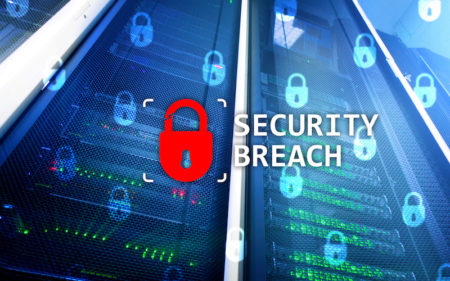You don’t have to read many news articles to know that internet security is on everyone’s mind. Major corporations are also taking notice: Gartner is forecasting worldwide enterprise security spending to total $96.3 billion in 2018, an increase of 8 percent from 2017. It is no wonder with 50% of respondents reporting an increase in the number of cyber attacks from last year and four out of five indicating it was likely or more likely their enterprise will experience a cyber attack in 2018 (2018 ISACA State of Cybersecurity Study). Even this past election cycle isn’t immune to accusations of stolen emails and hacked servers.
For the IT professional, this is a great climate for those looking to update their skills and join the relatively new and growing sector of IT security. Don’t believe me? In a March 2018 article posted by Forbes, five of the top 15 most valuable IT certifications are security based. Security certification has become a serious and well-respected career.
If you’re attempting to enter a security field and IT is not a current profession or hobby, then I’d suggest tackling a couple of certification courses to get you started as an introduction. The first is CompTIA A+ offered by LearnOnlineNow through OpenSesame, which focuses on learning the standard computer hardware, basic operating system functionality, and general troubleshooting. From there, I’d recommend getting certified in CompTIA Network+, which will get you familiar with basic networking concepts like IP addresses, DNS, domains, routing—essentially everything that defines the framework that Internet security relies on.
Okay, you are now an IT expert! What’s next? It’s good to start with the basics of security, and the best certification for that also comes from CompTIA. Their Security+ covers all the core concepts in IT security from Wi-Fi passwords and firewalls to employee best practices.
After you have Security+ finished, start considering some specialty certifications. One of the most popular next steps is EC-Council’s Certified Ethical Hacker (CEH) certification and Certified Security Analyst (ECSA). Once certified, you will understand the tools and techniques that you can use to assure companies that their systems are indeed secure.
Another very popular certification is EC-Council’s Computer Hacking Forensic Investigator (CHFI) certification. Like the television show CSI, it is an area of the security field that focuses on how to collect and analyze digital evidence to detect when something is about to or has happened. Most companies know that it’s not if you will be hacked, but when. This certification is about learning the skills for detecting or mitigating the aftermath of a successful hack.
For more online courses on how to get started in IT Security, how you can protect your company with trained and certified IT professionals, or ways to develop your current skillset, check out LearnNowOnline through OpenSesame, or contact OpenSesame at (503) 808-1268.
About the author: Martin Schaeferle is the Vice President of Technology for LearnNowOnline. Martin joined the company in 1994 and started teaching IT professionals nationwide to develop applications using Visual Studio and Microsoft SQL Server. He has been a featured speaker at various conferences including Microsoft Tech-Ed, DevConnections and the Microsoft NCD Channel Summit. Today, he is responsible for all product and software development as well as managing the company’s IT infrastructure. Martin enjoys staying on the cutting edge of technology and guiding the company to produce the best learning content with the best user experience in the industry.






